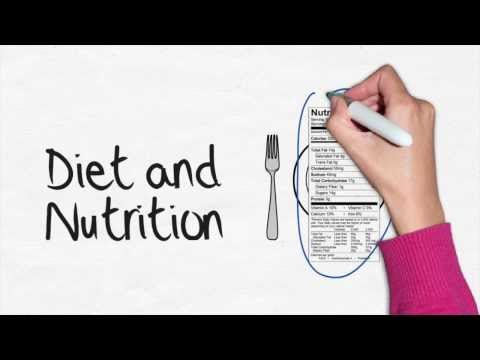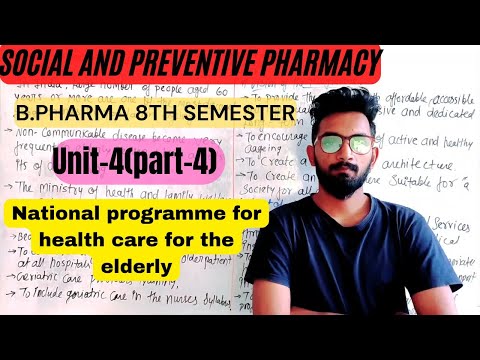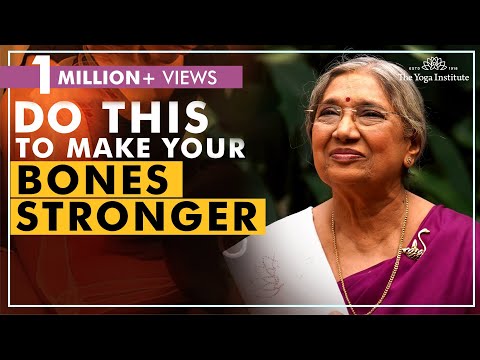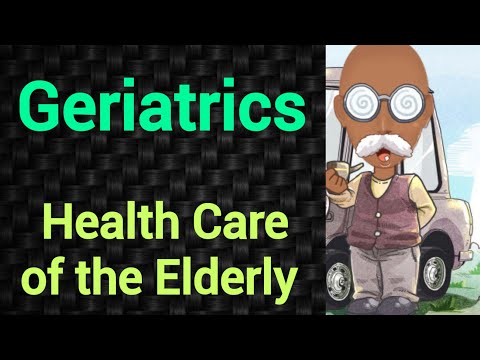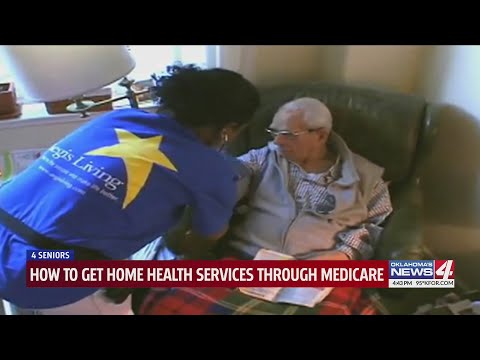Health Promotion Programs That Target the Elderly
Contents
- Introduction
- What is health promotion?
- What are the benefits of health promotion?
- Who is targeted by health promotion programs?
- Why are the elderly often targeted by health promotion programs?
- What are some common health promotion programs for the elderly?
- What are the benefits of these programs for the elderly?
- What are the challenges of implementing health promotion programs for the elderly?
- How can we overcome these challenges?
- Conclusion
Health promotion programs that target the elderly are important for maintaining the health and well-being of this population. These programs can help to prevent or delay the onset of chronic diseases, improve cognitive functioning, and reduce the risk of falls and other accidents.
Checkout this video:
Introduction
health promotion programs are designed to encourage healthy behaviors and improve quality of life. These programs often focus on education and outreach to help people make lifestyle changes that can reduce their risk of chronic diseases.
The elderly population is at increased risk for many chronic health conditions such as Heart Disease stroke, cancer, and diabetes. due to the aging process and sometimes poor health habits. Because of this, health promotion programs that target the elderly can be very beneficial in helping this population stay healthy and active.
There are a variety of different types of health promotion programs that can be effective for the elderly population. Some common examples include:
-Exercise classes or physical activity programs
-Nutrition education classes or counseling
-Smoking cessation programs
-Stress management classes or counseling
– Falls prevention programs
What is health promotion?
Health promotion is the process of enabling people to increase control over their health and its determinants, and improve their health. The primary purpose of health promotion is to prevent disease, injury, and disability. Health promotion is a positive approach that focuses on enhancing well-being rather than merely preventing ill-health. It is multidisciplinary, involving the use of education, communication, policymaking, community involvement, and individual behavior change.
What are the benefits of health promotion?
There are many benefits of health promotion programs that target the elderly. These programs can help to improve the overall health and well-being of older adults, and can also lead to reductions in chronic disease risk factors, improving quality of life and reducing healthcare costs.
Who is targeted by health promotion programs?
There are many different health promotion programs that target different groups of people. Some programs focus on promoting healthy lifestyles for the general population, while others focus on specific groups such as the elderly.
The elderly are often targeted by health promotion programs because they are at an increased risk for certain health conditions. For example, older adults are more likely to experience falls, which can lead to serious injuries. Therefore, many health promotion programs for the elderly focus on fall prevention.
Other common topics of health promotion programs for the elderly include chronic disease management, healthy eating, and physical activity. These programs can help older adults maintain their independence and improve their quality of life.
Why are the elderly often targeted by health promotion programs?
There are several reasons why the elderly are often targeted by health promotion programs. Firstly, as people age, they become more susceptible to chronic diseases such as Heart Disease stroke, cancer, and diabetes. Additionally, the elderly are more likely to experience functional decline and frailty. As a result, promoting healthy lifestyles among the elderly can help prevent or delay the onset of these conditions.
Another reason why the elderly are often targeted by health promotion programs is that they are typically more sedentary than younger adults and children. This lack of activity can lead to weight gain, muscle weakness, and other problems. Therefore, encouraging the elderly to be more physically active can help them maintain their independence and improve their overall health.
Finally, many health promotion programs for the elderly target specific risk factors that are more common in this population. For example, programs may focus on fall prevention among older adults, since falls are a leading cause of injury in this age group.
What are some common health promotion programs for the elderly?
There are a number of health promotion programs that target the elderly. Some common programs include:
-Falls prevention programs: These programs aim to reduce the risk of falls among the elderly. Common interventions include strength and balance training, home safety assessment and modification, and medication review.
-Chronic disease self-management programs: These programs help people with chronic diseases such as diabetes, heart disease, and arthritis to better manage their condition. Interventions typically include education on disease self-care, lifestyle modification, and goal setting.
-Nutrition education: This type of program provides information on healthy eating habits, cooking techniques, and shopping tips. It can be delivered in group or individual settings.
-Exercise classes: Exercise classes designed for older adults typically focus on low-impact activities that are easy on the joints. They may be offered in community recreation centers, senior centers, or even in private homes.
What are the benefits of these programs for the elderly?
There are many health promotion programs that target the elderly. These programs can have a number of benefits for the elderly, including reducing the risk of falls, improving cognitive function, and reducing the risk of chronic diseases such as heart disease and stroke.
What are the challenges of implementing health promotion programs for the elderly?
There are many challenges to implementing health promotion programs for the elderly. The main challenge is that the elderly population is a very diverse group, so it can be difficult to find programs that are appropriate for all elderly people Additionally, the elderly population is often more resistant to change than younger populations, so it can be difficult to get them to participate in new programs. Finally, the elderly population is often less mobile and more isolated than younger populations, so it can be difficult to reach them with information about new programs.
How can we overcome these challenges?
There are several difficulties that need to be overcome when trying to promote health among the elderly. First, many elderly people are reluctant to change their habits, and may be resistant to participating in health promotion programs. Second, the elderly often have chronic health problems that make it difficult for them to participate in physical activity or other forms of exercise. Finally, the elderly may not have access to adequate transportation or resources that would allow them to participate in health promotion programs.
Conclusion
Finally, it is important to keep in mind that the elderly are a diverse group of individuals, with different needs and preferences. Consequently, there is no single “right” approach to health promotion for this population. Programs that are effective for one group of seniors may not be effective for another. It is therefore important to tailor programs to the specific needs and interests of the target population.

